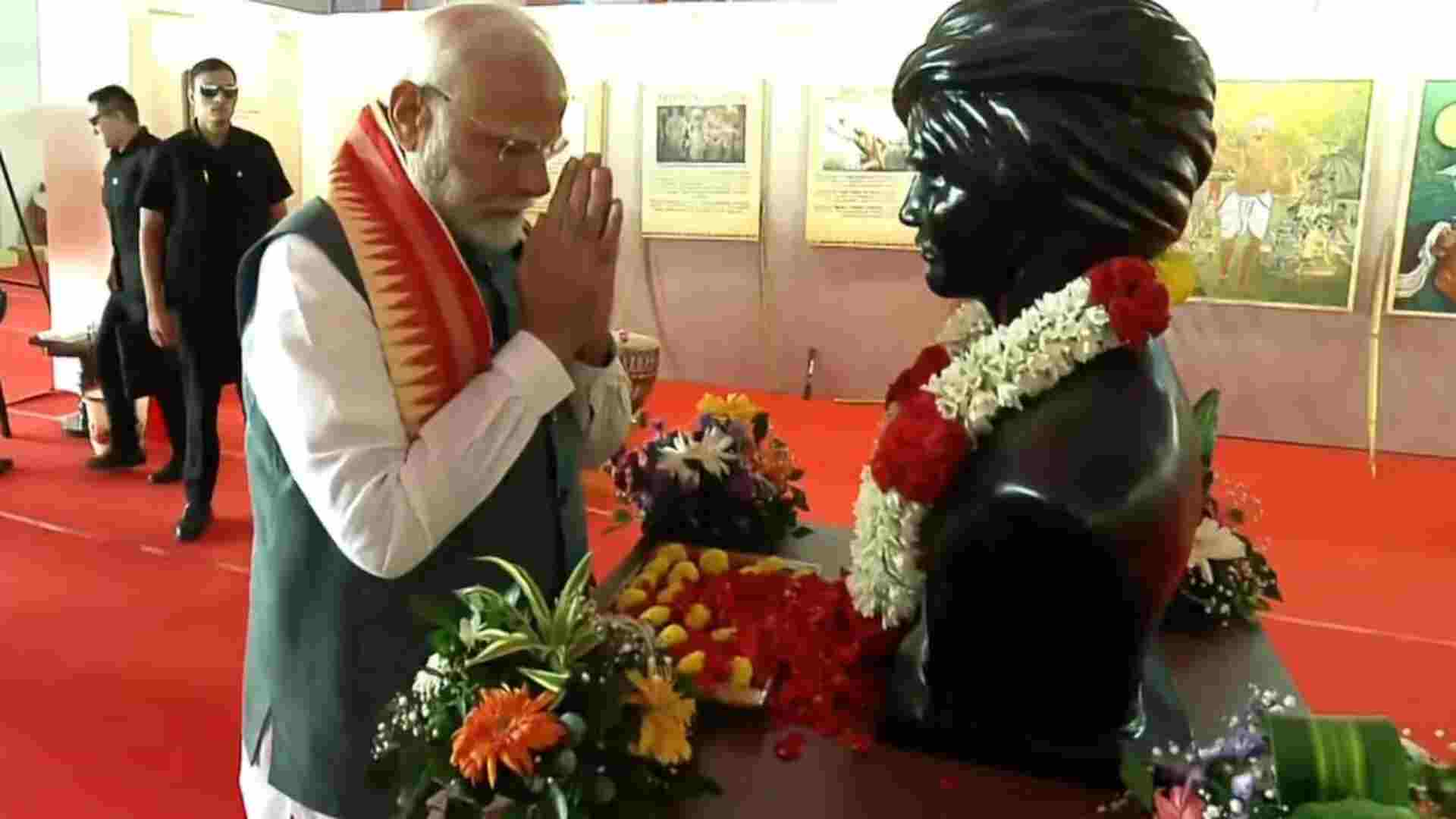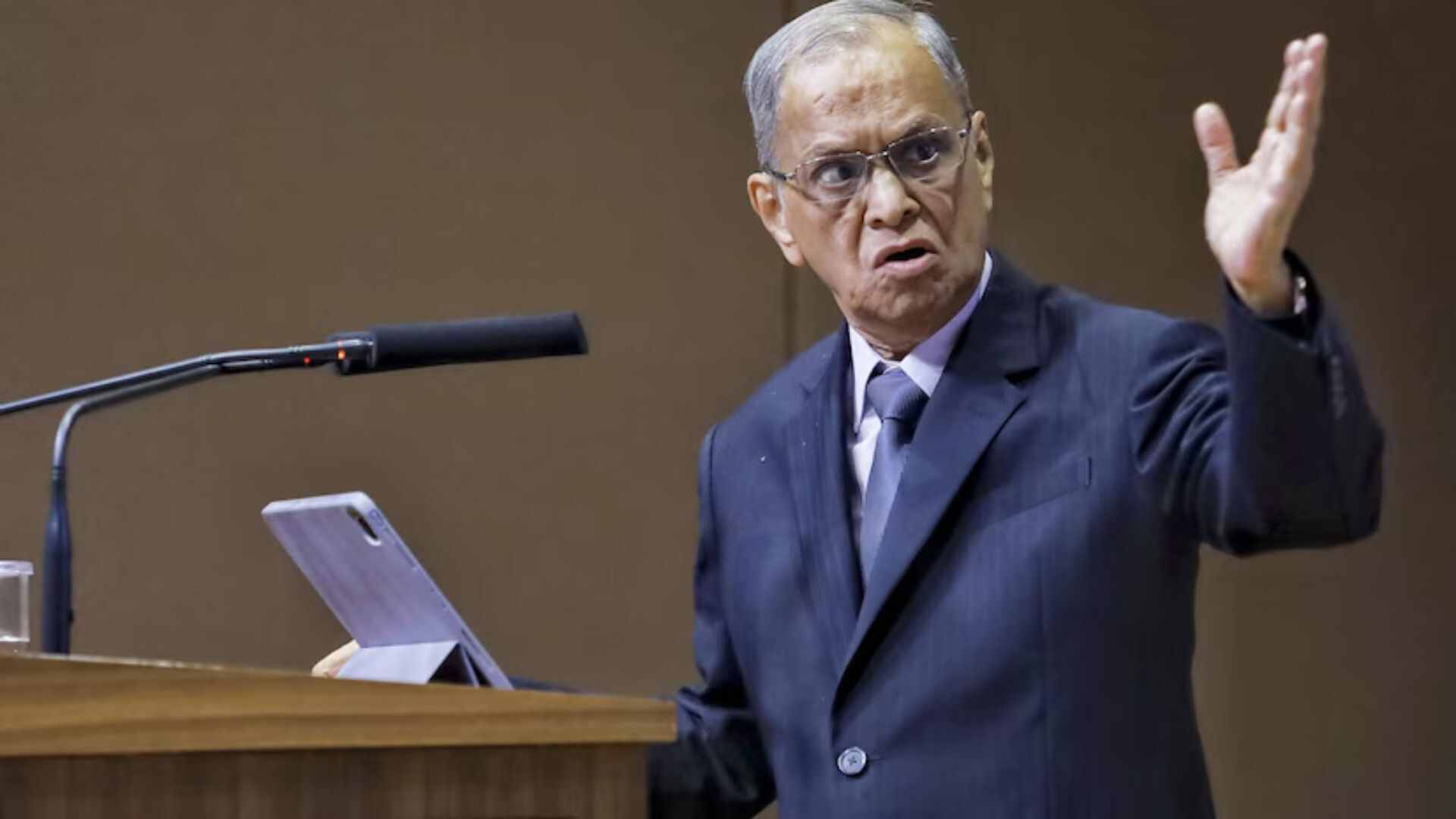
The iconic Hanging Gardens of Mumbai, a 136-year-old city landmark, faces the possibility of being inaccessible for an extended period of up to seven years due to an ambitious infrastructure project. The plan involves the reconstruction of a colonial-era reservoir beneath the terraced garden on Malabar Hill. The extensive undertaking will require the garden to be phased out of public use.
Additional municipal commissioner (projects) P Velrasu stated, “The plan is to demolish and reconstruct the reservoir over a period of seven years.” Officials emphasized that the entire landscaped area would need to be disassembled, and around 350 trees on an adjacent plot would have to be cut down and transplanted.
In response to protests by concerned residents, Mumbai’s guardian minister and local MLA, MP Lodha, has called for a public meeting to address the matter. The reservoir, located at one of the city’s highest points, supplies water to most parts of South Bombay using gravity. Regarding potential alternatives, Lodha remarked, “If there are alternatives, they can be explored. But then, instead of using gravity to provide supply to all of south Mumbai, water may have to be pumped up here.”
The project, with an estimated cost of Rs 698 crore, entails the demolition of the Hanging Gardens and the reconstruction of the massive tank beneath it, prompted by a structural audit in 2017 that revealed its precarious condition. The audit exposed the weak roof of the reservoir, which supports the garden and its columns. The reservoir comprises five chambers and has an approximate surface area of 22,000 square meters. Additional municipal commissioner P Velrasu highlighted the genuine threat of a roof and column collapse, which would severely impact water supply to South Mumbai.
In 2022, the BMC’s standing committee approved a proposal to increase the reservoir’s capacity to 191 million liters. With South Mumbai’s population of around 3 million surpassing its original design capacity, the need to accommodate this burgeoning population, especially in the city’s upscale areas, necessitated an augmentation of water supply capacity.















